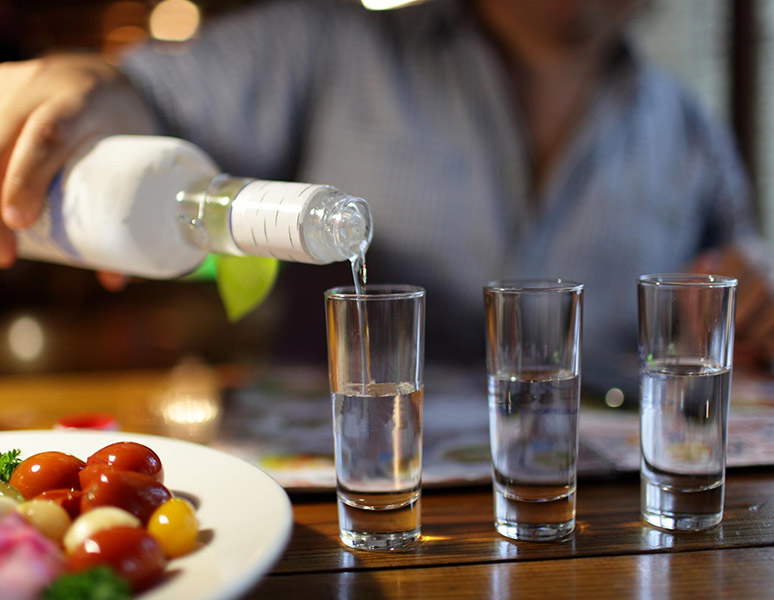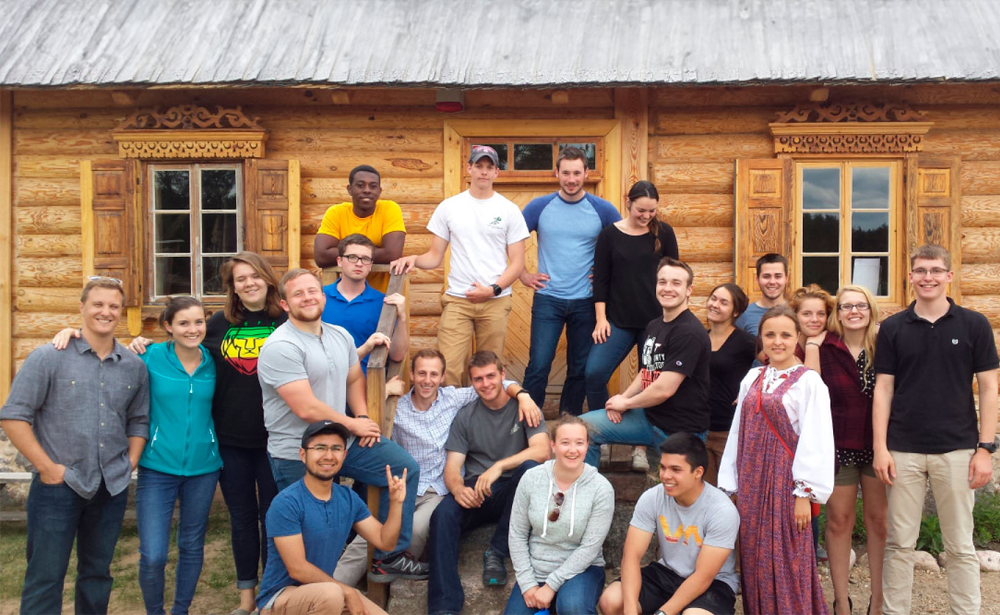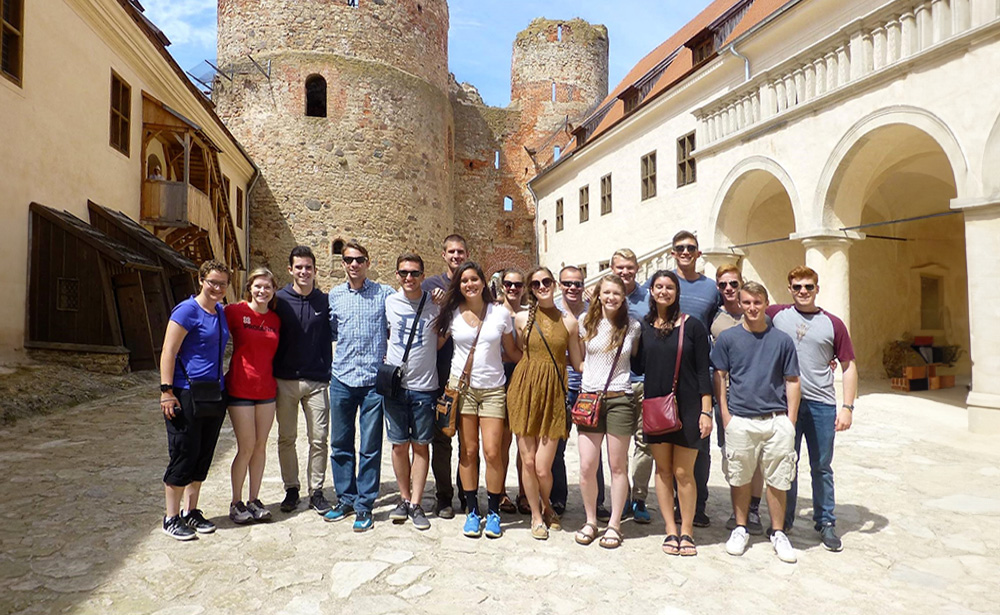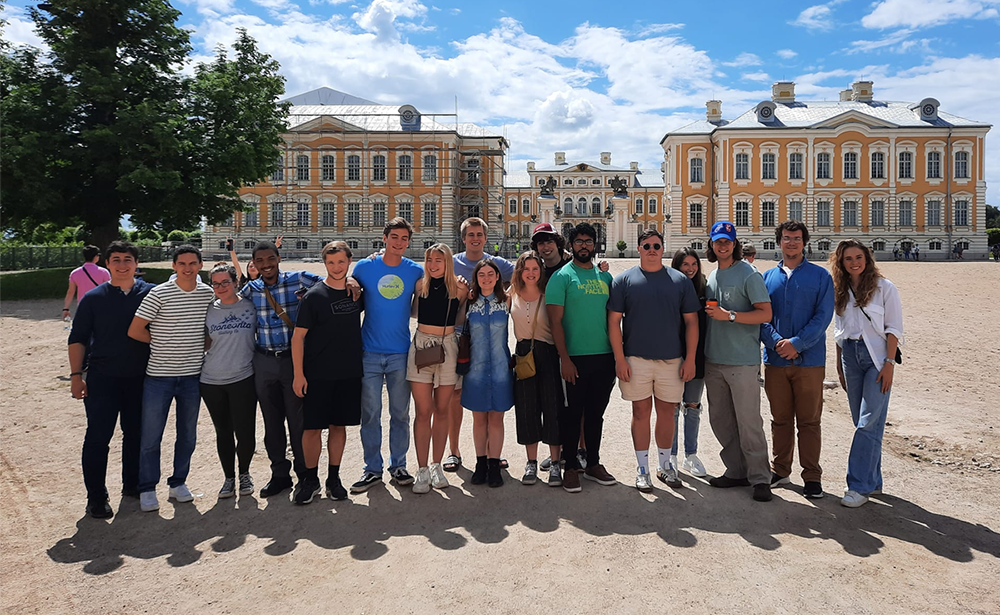Russian vodka
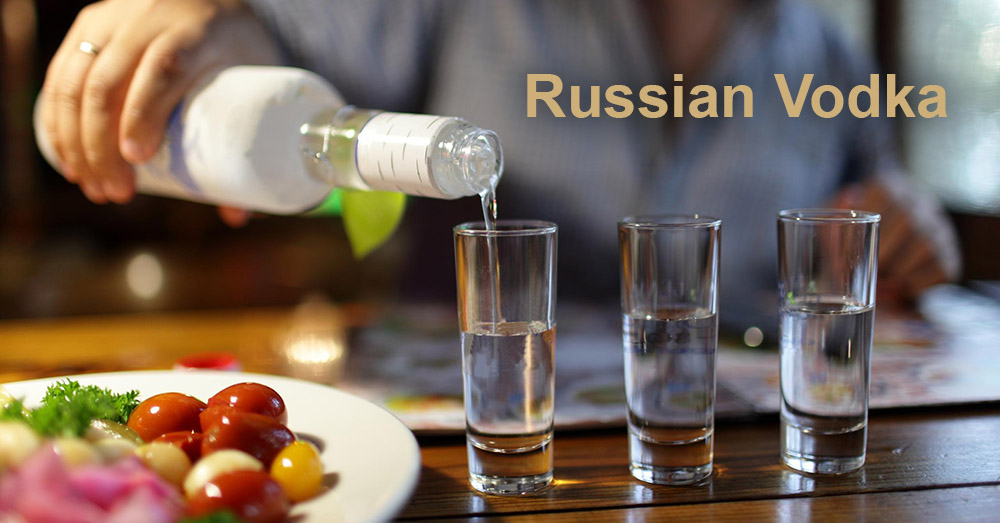
Russian vodka is the most famous and widespread strong alcoholic drink, whose history dates back to the 15th century. However, there is still no definite answer who was the first to prepare this strong, alcoholic and national Russian drink.
Types of vodka
Today there are several types of vodka: traditional vodka (bread wine), special vodka, and fruit vodka.
In Russia, traditional vodka is a 40% solution of alcohol in water from fusel oil. The purification is carried out in hot or cold ways. Alcohol is diluted with water, and then it is filtered through charcoal in several barrels. It is done in order to get rid of a large amounts of fusel oil.
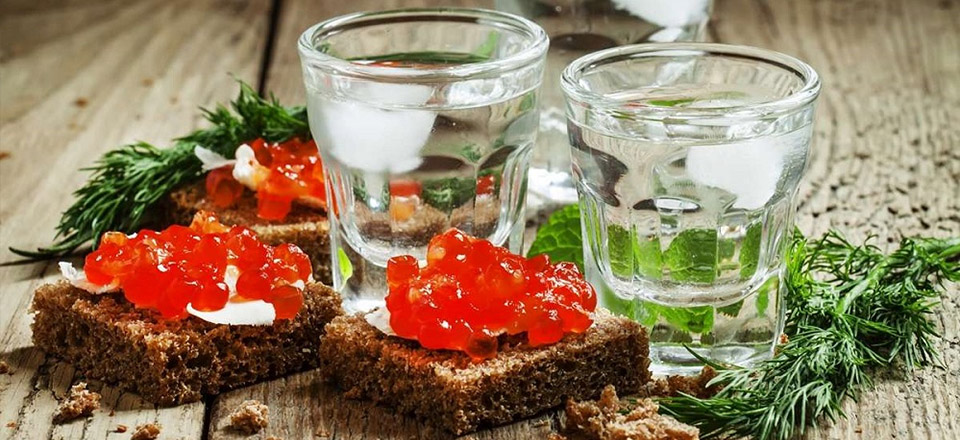
Special vodka is made with adding various essential oils and special aromatic substances which are dissolved in traditional vodka.
The make fruit vodka, the juice squeezed from ripe berries with the sugar added is left to ferment. The fermentation process happens because of the yeast added. Later it is distillated.
History of vodka in Russia
Vodka appeared in Russian by the end of the 14th century. In 1386 the Genoese ambassadors brought first vodka (aqua vitae – “живая вода”) to Moscow. In Europe all famous alcoholic drinks, such as whiskey, brandy, cognac, schnapps, etc. originated from aqua vita (“аква витa”).
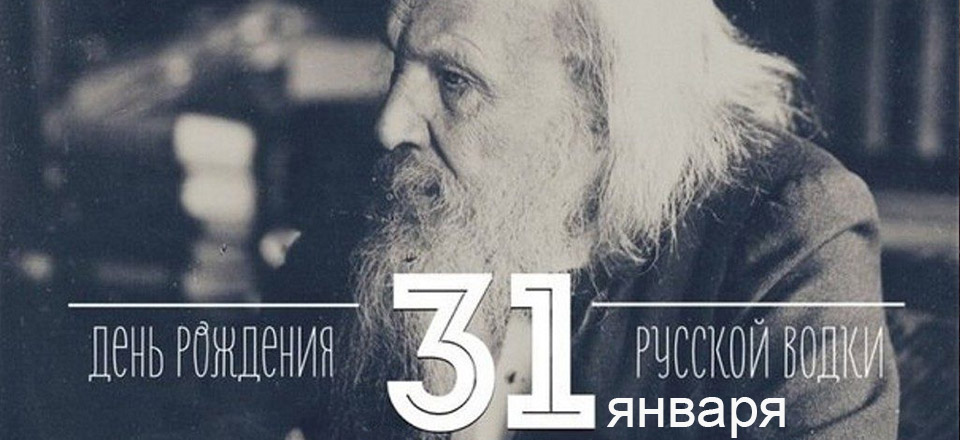
Later in 1429 aqua vitae was brought to Moscow again. This time as a universal medicine. The idea of diluting spirits with water triggered the production of Russian vodka. And then it began to be made of grain.
Later vodka appeared in Russia thanks to the great scientist Dmitry Mendeleev, who first mixed a liter of spirits with a liter of water. He discovered that when contacting with water, spirits is compressed, therefore, you get now two liters of mixture but a little less.
Mendeleev developed a doctoral thesis on the basis of this discovery. Later he continued his search for ideal vodka. In 1884, he received an official patent for this drink which was called “Moscow Special”. It became the standard for Russian vodka.
Facts about Russian vodka
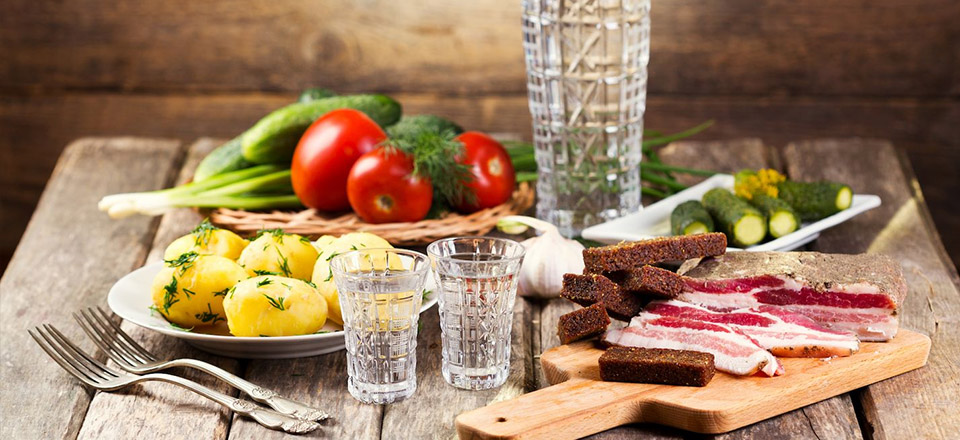
A few facts about Russian vodka:
- As compared to other alcohol, vodka is the purest alcohol drink.
- 100 grams of vodka contain 235 calories.
- Vodka’s expiry time is 12 months.
- Vodka reveals its taste and flavour only when it is cold.
- The weight of one liter of vodka is exactly 953 grams, as spirits gets compressed with water.
- The most purified vodka is the most toxic.
Despite the fact that vodka is a deceitful drink, it is still a drink for festivals, a drink which makes people happy, so you should have it during a festival. If you ever decide to try this Russian drink, you should consume it in modest quantities!
You may be interested
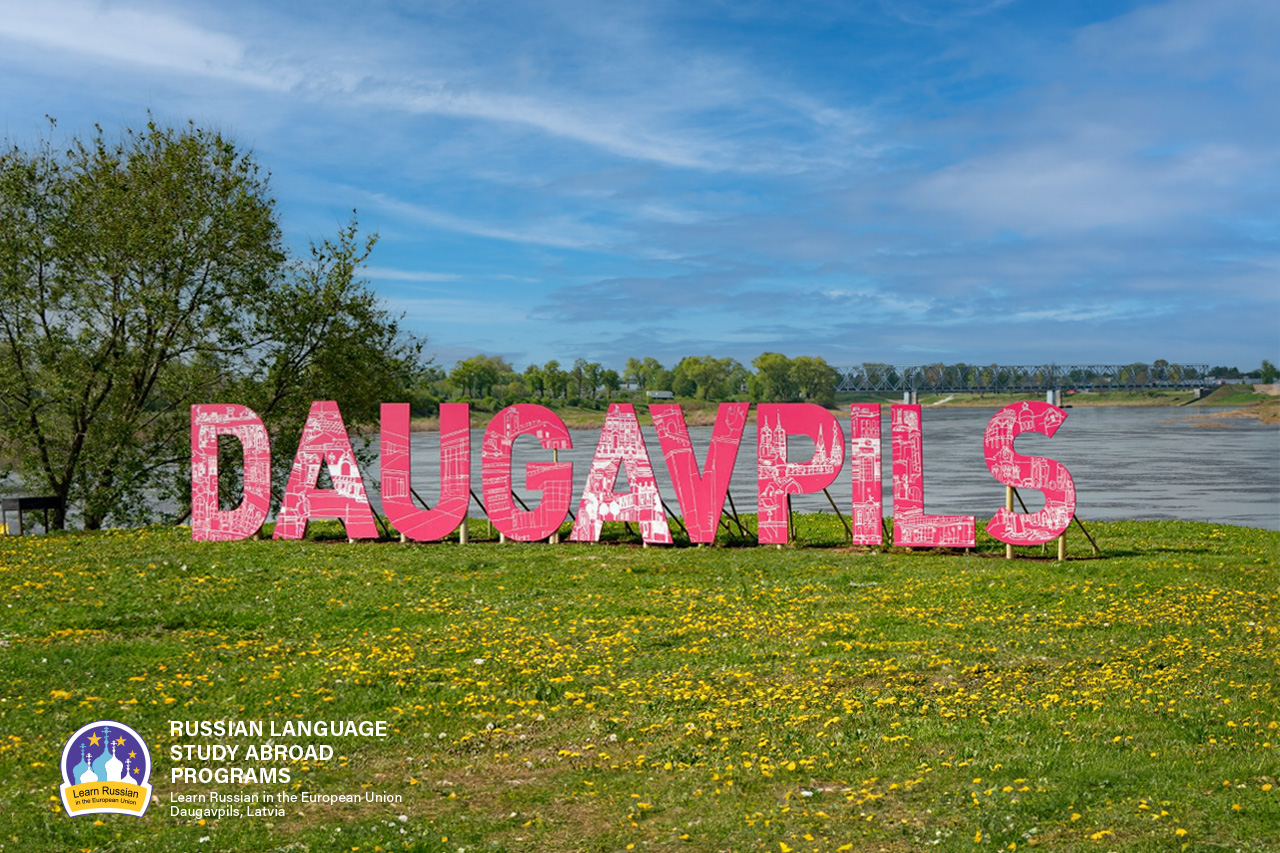
Why do people speak Russian in Daugavpils?
As it seems to us, Daugavpils is the best place to learn Russian now, because our city is situated in the EU and NATO, but at the same time 90% of the city’s population speak Russian at home.
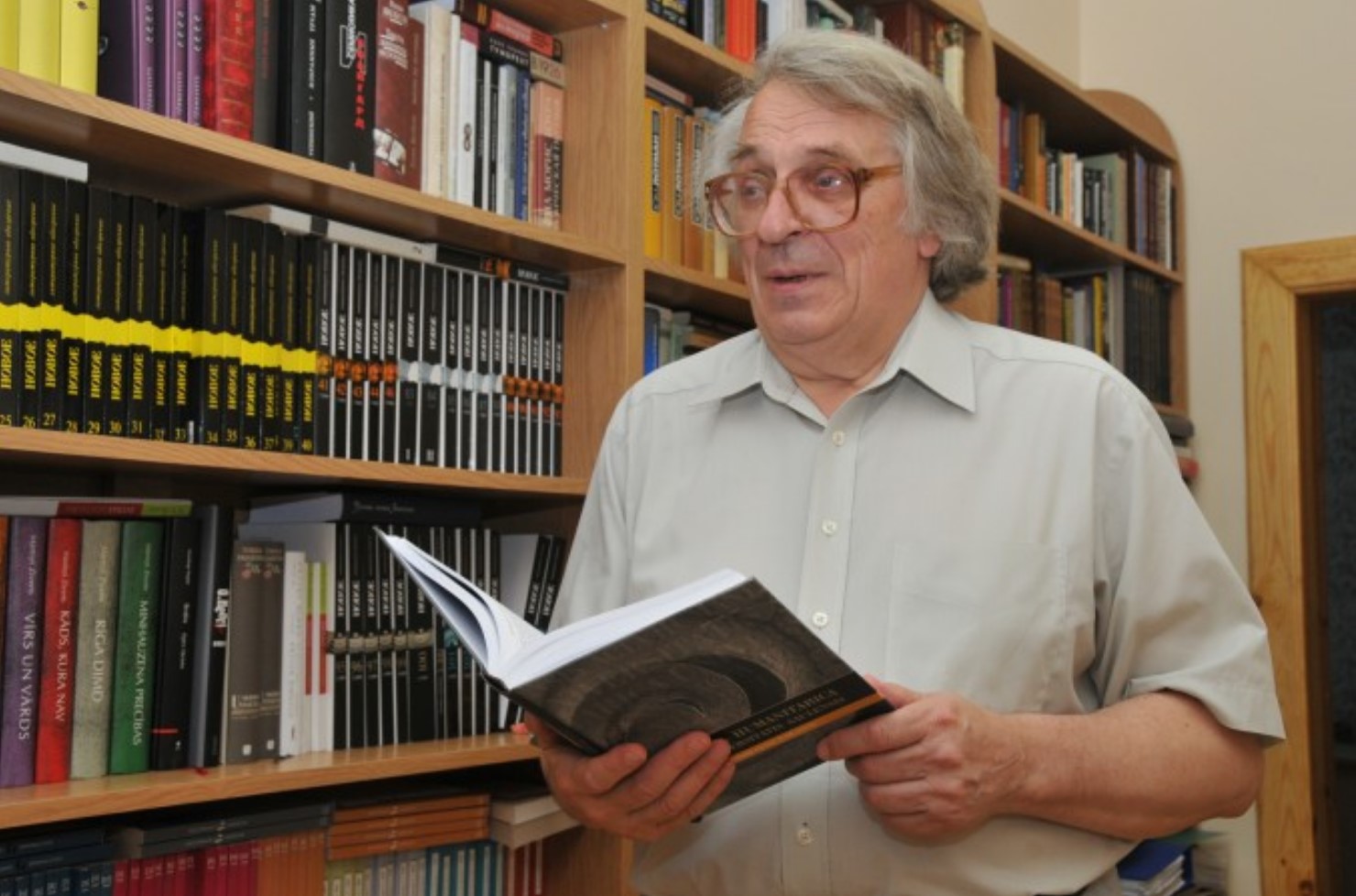
ЭТЮД О ДВИНСКЕ
Etude on Dvinsk by F.Fedorov
The Baltic region is one of the most catastrophe prone regions of the 2nd millennium, especially its second part; it is the centre of attraction of ‘geopolitical’ interests of the European world. Probably the most tragic fate has befallen to the eastern part of the present Latvia and its multi-titled town of Dinaburg – Dvinsk – Daugavpils. During its 730 years long history, the town went through five rather autonomous periods of development, five different lives (German, Polish, Russian, Latvian, Soviet), and at the beginning of the 1990s it entered into the 6th period.
The history of Dinaburg – Dvinsk – Daugavpils is the history of five attempts by the town to begin its life anew; and this is determined not only by the fact that the town was four times burned down and had to start life from scratch, but first and foremost because each of these periods was characterized by a total change of ethnos and the socio-cultural field.
The present article deals with the cultural space of the town in one of the most efficient periods of its development – from the 1860s till World War I.


